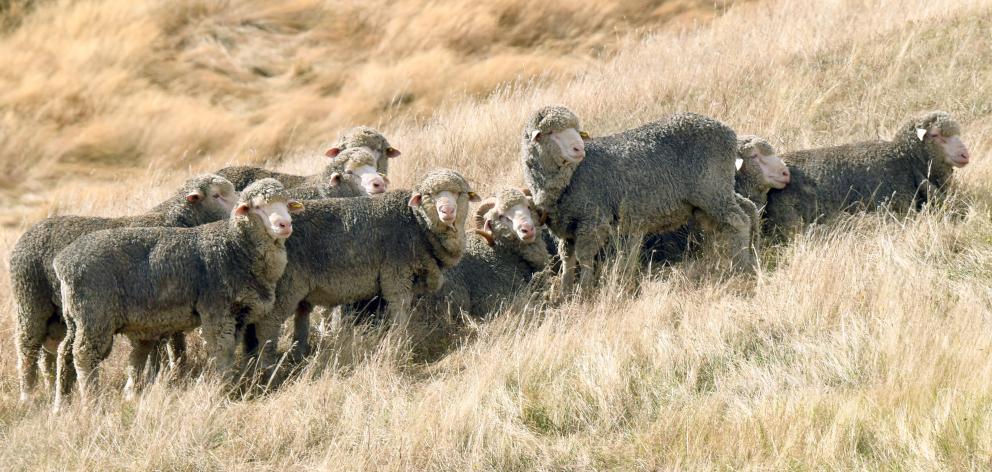
While "not a silver bullet" against the disease which results in lameness and loss of production, it would allow growers to make genetic gains and establish flocks that were footrot resistant, NZM chief executive John Brakenridge said.
Growers would save money from reduced treatment costs and chemical inputs, would not be hit with lower production, all while improving animal welfare.
It was the result of work by the New Zealand Sheep Transformation Project, co-funded by NZM and the Ministry for Primary Industries with a contribution from Merino Inc, to look at ways to contribute to a more productive, profitable and high animal welfare future for fine wool.
Such a breakthrough was huge as it allowed fine wool flocks to thrive on farms that had traditionally been used for strong wool production, he said.
Fine wool fetched about $20 a kg under contract, while strong wool was $1-$2.
Prospects were exciting for a multipurpose animal with high value wool and meat.
Traditional suiting markets had been hit but consumers still wanted natural solutions. NZM and brand partners were putting fine wool out there as the "go-to".
One example was Allbirds, the merino wool shoe company co-founded by former All Whites football skipper Tim Brown in 2014 and now estimated to be worth about $2billion.
There was a huge opportunity for New Zealand.
People were taking more interest in what they were consuming, were more discerning and were thinking environmentally.
NZM had entered a partnership with Cavalier to launch long-term forward contracts, after the carpet maker announced it would move away from synthetic products in favour of wool and natural fibres.
When merino clothing company Icebreaker was first launched in 1995, synthetics "absolutely dominated" the active outdoors clothing market.
People said there was "no way back" for wool, but not only did it come back but it stormed the market.













